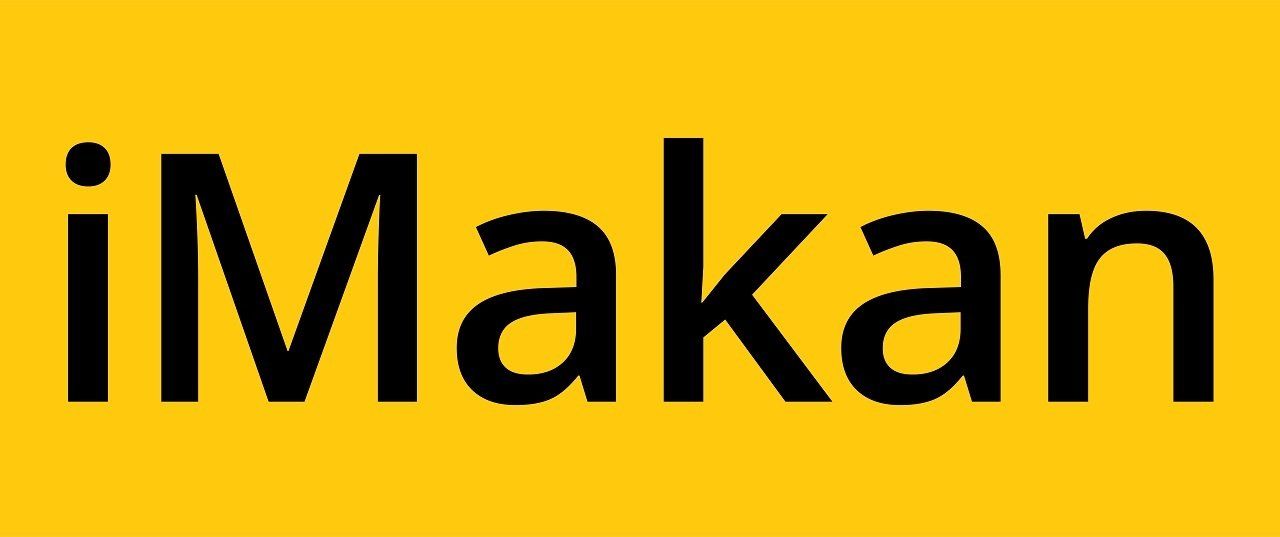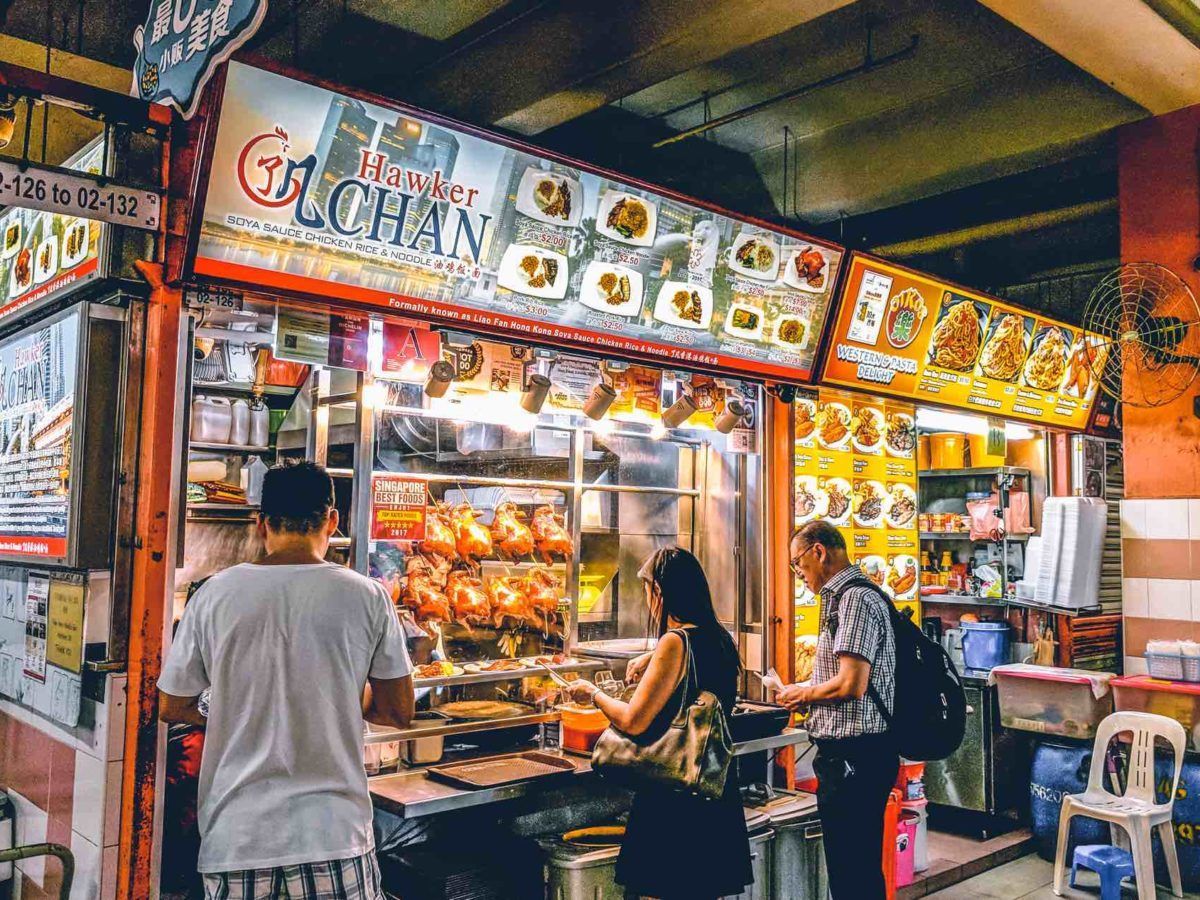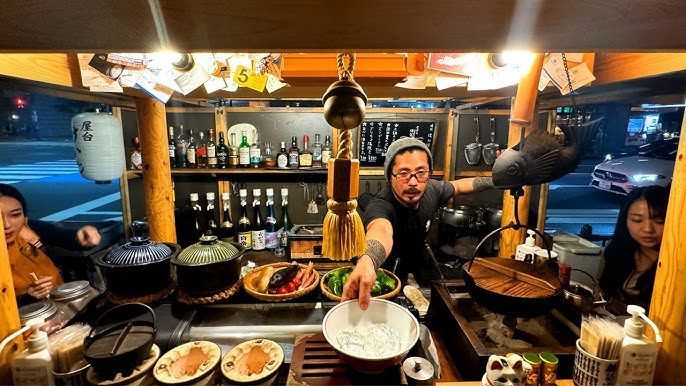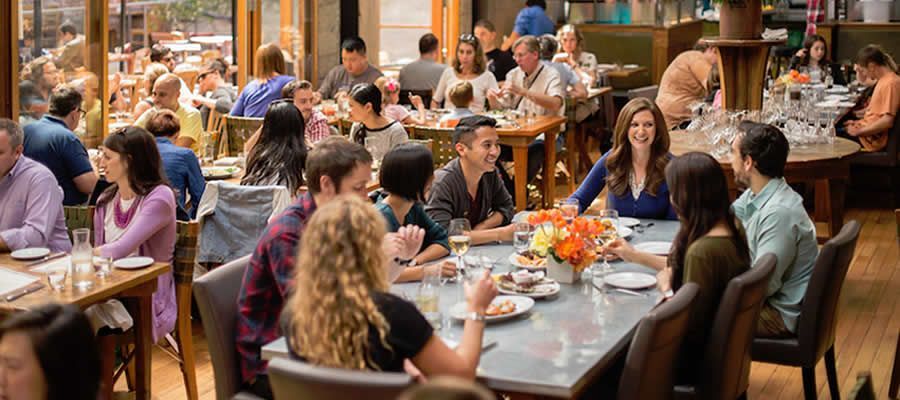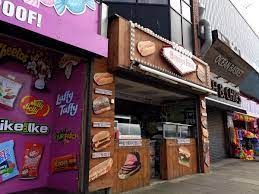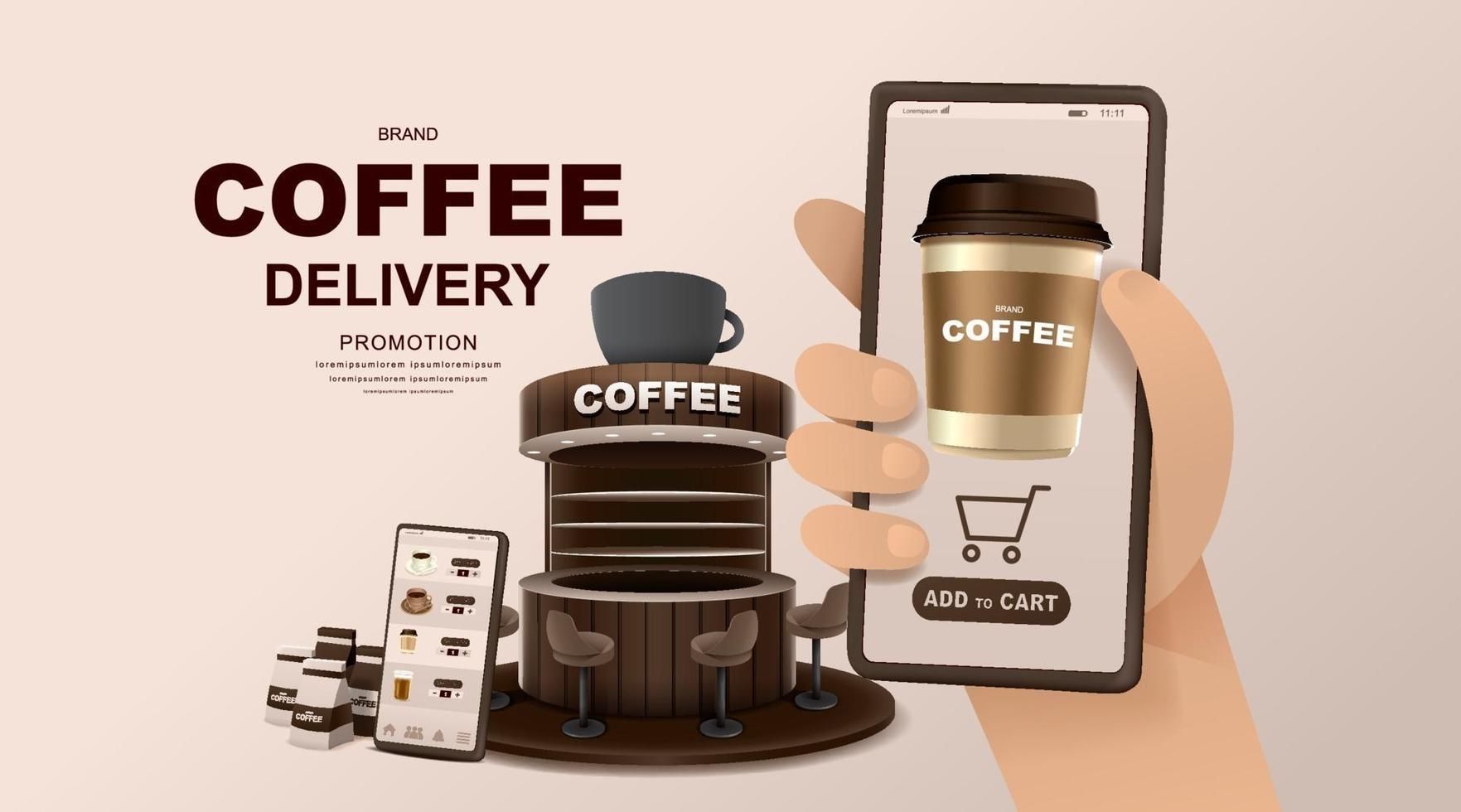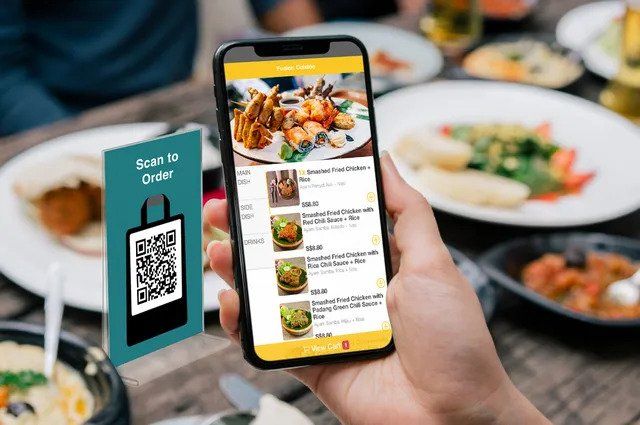In the fast-paced F&B industry, particularly in Singapore, quick service chains are constantly evolving to meet customer demands while maintaining operational efficiency. Smaller quick service food and beverage outlets can learn a lot from successful chains and adopt similar strategies to fuel their growth.
1. Investing in a Reliable POS System
A robust POS system is essential for managing orders, inventory, and customer transactions efficiently. Quick service beverage chains rely on advanced POS systems to streamline operations and minimize errors. Smaller outlets can adopt similar systems to scale their operations effectively, reduce wait times, and enhance customer satisfaction.
2. Utilize CRM to Build Stronger Customer Relationships
Successful chains know the importance of building a loyal customer base. By implementing a CRM system, smaller businesses can track customer preferences, purchase history, and offer personalized rewards. CRM solutions allow quick service food and beverage outlets to run loyalty programs, which are key in encouraging repeat visits and driving long-term growth.
3. Leverage Online Ordering
Online ordering has become a game-changer for F&B businesses, providing convenience to customers and increasing sales opportunities. Quick service chains often integrate their POS systems with online ordering platforms to streamline order processing. Smaller F&B outlets can adopt this practice to increase order accuracy and grow their delivery and takeaway services.
4. Implement Self Ordering Kiosks
Chains frequently invest in self-ordering kiosks to enhance customer convenience and reduce wait times. This not only improves the customer experience but also reduces the workload for staff. For quick service food and beverage outlets, adopting self-ordering kiosks can significantly boost order accuracy and efficiency, especially during peak hours.
5. Use QR Ordering for Seamless Customer Experience
QR ordering is an increasingly popular solution among quick service chains. It allows customers to place orders through their mobile devices, improving convenience and minimizing physical contact. Smaller businesses can use QR ordering to optimize service and increase table turnover, leading to higher revenue and customer satisfaction.
6. Run Effective Loyalty Solutions
Loyalty programs are a proven way to retain customers and increase repeat business. Chains leverage loyalty solutions integrated with their CRM and POS systems to reward loyal patrons. By offering digital loyalty programs through a POS system, smaller F&B outlets can engage customers with points, discounts, or exclusive offers, boosting their revenue and brand loyalty.
7. Automate Marketing Efforts
Quick service chains often use CRM systems to automate their marketing campaigns based on customer behavior and preferences. This helps them stay relevant and top of mind for their customers. Smaller businesses can adopt this strategy to create targeted promotions and campaigns that drive customer engagement and sales.
8. Focus on Data-Driven Decisions
Larger chains rely on POS systems and CRM analytics to track customer behavior, product popularity, and sales trends. Small quick service outlets can also benefit from these insights by making data-driven decisions to adjust their menu offerings, improve service efficiency, and enhance the overall customer experience.
By learning from quick service chains, smaller food and beverage outlets in Singapore can adopt scalable solutions such as POS systems, CRM platforms, and self-ordering kiosks to streamline operations, improve customer loyalty, and accelerate growth.
If you are looking for F&B solutions such as self ordering kiosks, QR ordering and online ordering, click here to send an enquiry!



